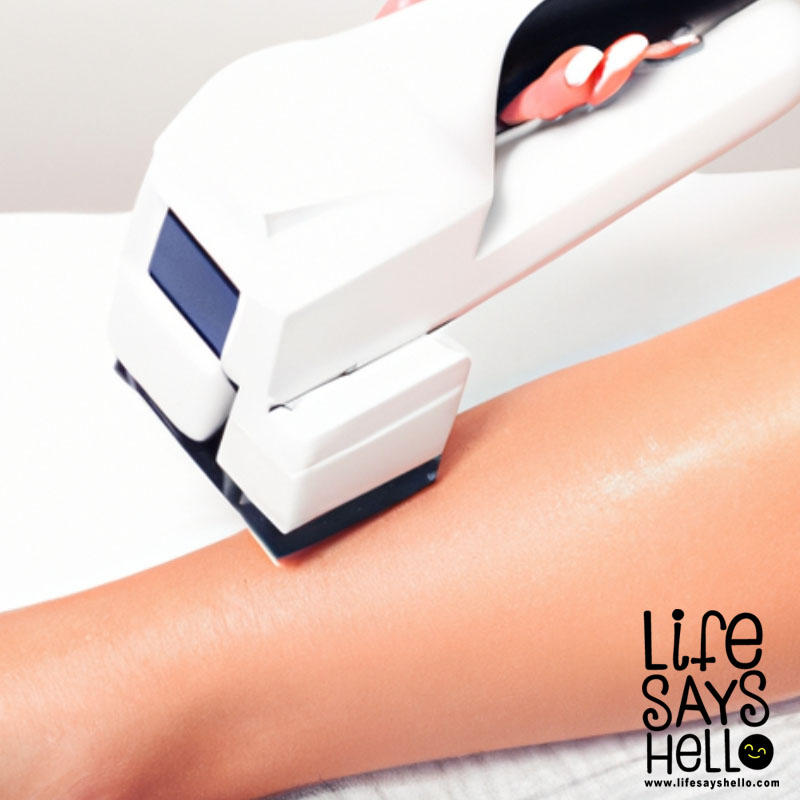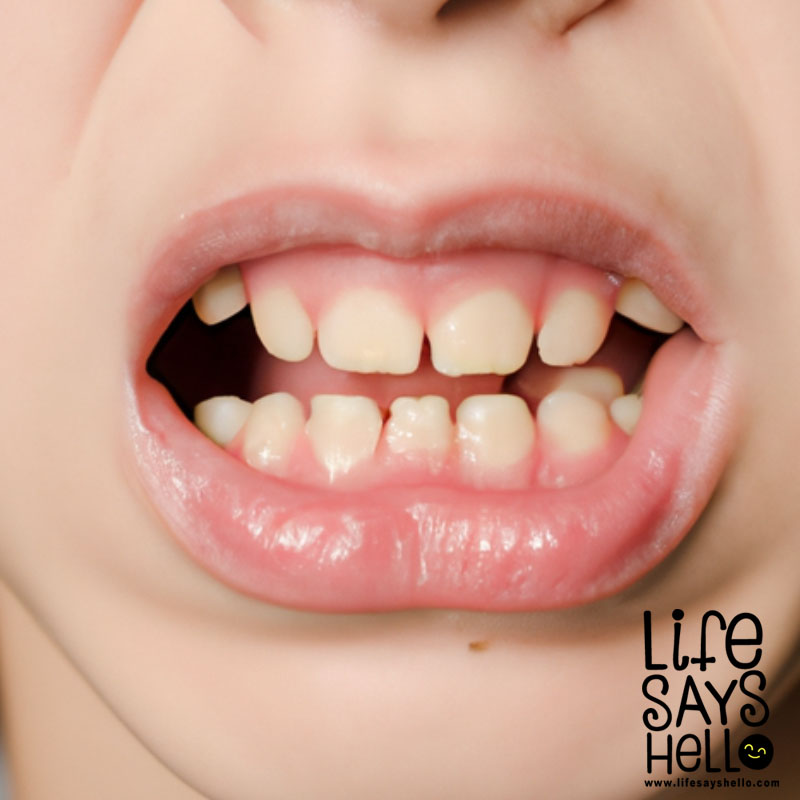Does Laser Hair Removal Hurt? Uncovering the Truth and Understanding the Entire Process

If you're tired of constantly shaving, waxing, or plucking unwanted hair, you might have considered laser hair removal as a more long-term solution – but does laser hair removal hurt? In this comprehensive guide, we'll debunk myths surrounding the procedure, discuss its effectiveness, and help you understand what to expect during the process.
Introduction
In today's fast-paced world, many people are seeking effective and long-lasting solutions for unwanted hair. One popular method that has gained traction over the years is laser hair removal. But the question on everyone's mind is: does laser hair removal hurt?
In this article, we'll dive into the details of the procedure, address common misconceptions, and provide a clearer understanding of what to expect during and after your laser hair removal sessions.
Understanding the Laser Hair Removal Process
Before we tackle the question of whether laser hair removal hurts or not, let's first understand how the procedure works. Laser hair removal uses a concentrated beam of light, or laser, to target and destroy hair follicles. This prevents hair from growing back, resulting in smoother, hair-free skin over time.
Several factors can influence the effectiveness of laser hair removal, including:
- Skin type: The procedure tends to work best on individuals with lighter skin and darker hair, as the contrast allows the laser to effectively target the hair follicle. However, advancements in technology have made it possible for people with darker skin tones to achieve successful results as well.
- Hair color: Lighter hair colors, such as blonde, gray, or red, may not respond as well to the treatment, as they contain less melanin for the laser to target.
- Hormonal changes: Conditions that cause hormonal imbalances, such as polycystic ovary syndrome (PCOS), can affect hair growth and potentially impact the success of laser hair removal.
- Sun exposure: Tanning or excessive sun exposure before or after the procedure can increase the risk of side effects and reduce the effectiveness of the treatment.
Pain and Discomfort during Laser Hair Removal
Now, let's address the burning question: does laser hair removal hurt? The truth is, the level of pain or discomfort experienced during the procedure varies from person to person. Some individuals may feel a mild stinging sensation, while others may describe it as a rubber band snapping against the skin. The pain level also depends on the area of the body being treated, with more sensitive areas like the bikini line or upper lip potentially causing more discomfort.
To minimize discomfort during the procedure, consider the following tips:
- Numbing creams: Applying a topical numbing cream to the treatment area before the session can help reduce pain and discomfort. Be sure to consult with your technician or dermatologist for recommendations on suitable products.
- Pain medications: Over-the-counter pain relievers, such as ibuprofen, can help alleviate discomfort during the procedure. Consult with your technician or healthcare provider to determine if this is a suitable option for you.
- Cooling devices: Some laser hair removal machines come equipped with cooling devices that help soothe the skin during treatment, reducing discomfort.
Common Side Effects and How to Manage Them
Like any cosmetic procedure, laser hair removal can cause some side effects. However, these are generally mild and temporary. Some common side effects include:
- Redness: The treated area may appear red and slightly swollen after the procedure. This is a normal reaction and should subside within a few hours to a couple of days.
- Irritation: The skin may feel itchy or irritated following treatment. Avoid scratching or picking at the treated area to prevent infection or scarring.
- Swelling: Some individuals may experience minor swelling in the treated area. Applying a cold compress or ice pack can help reduce swelling and discomfort.
- Crusting: In some cases, the treated area may develop a crust or scab. Keep the area clean and moisturized, and avoid picking at the crust to prevent scarring or infection.
- Changes in skin color: Temporary changes in skin color, such as darkening or lightening, can occur after laser hair removal. This is more common in individuals with darker skin tones and usually resolves on its own over time.
To manage these side effects, consider the following tips:
- Ice packs: Applying a cold compress or ice pack to the treated area can help soothe the skin and reduce redness, swelling, and discomfort.
- Moisturizers: Keeping the treated area moisturized can help alleviate irritation and promote healing. Look for fragrance-free, gentle moisturizers suitable for sensitive skin.
- Topical creams: Over-the-counter hydrocortisone cream can help reduce inflammation and itching. Be sure to consult with your technician or dermatologist before using any topical creams on the treated area.
The Importance of Multiple Sessions and Maintenance Treatments
Laser hair removal is not a one-and-done procedure. To achieve optimal results, multiple sessions are required. The number of sessions needed depends on factors such as the size and location of the treatment area, as well as the hair growth cycle. On average, most individuals require 4-6 sessions spaced 4-6 weeks apart.
It's important to note that laser hair removal is not a permanent solution for unwanted hair. Hair growth may slow down significantly, but some maintenance treatments may be needed to keep the skin smooth and hair-free. The frequency of maintenance treatments varies from person to person and can range from every few months to once a year or more.
Conclusion
In conclusion, while laser hair removal can cause some discomfort, the pain is generally tolerable and varies depending on the individual and the area being treated. The procedure is generally safe and effective for most people, but it's essential to consult with a professional to determine if it's the right solution for you. With proper care and multiple sessions, laser hair removal can be a long-term solution for unwanted hair, helping you achieve smoother, more confident skin.




Comments